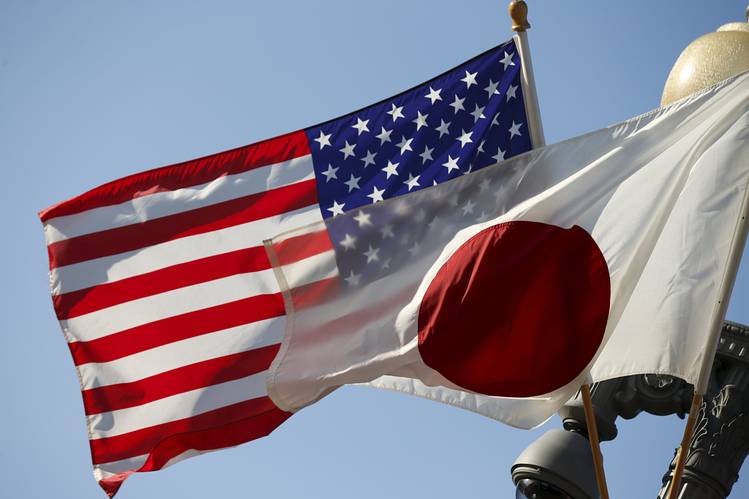U.S. President Joe Biden and Japanese Prime Minister Fumio Kishida are set to reveal a joint strategy next month aimed at restructuring the U.S. military command in Japan, as reported by the Financial Times on Sunday. The plan, prompted by shared concerns regarding China’s regional influence, is expected to enhance operational planning and military exercises between the two nations, according to sources familiar with the matter cited by the FT.
The announcement is scheduled to take place at the White House on April 10, coinciding with Biden’s official hosting of Kishida. The event will encompass a grand state dinner and a substantive policy meeting, as detailed by the newspaper.
Japan stands as a close ally and pivotal element within the U.S. strategic approach to addressing regional challenges, including those posed by China, North Korea, and other security issues in Asia.
Despite requests for comment, both the White House, the U.S. National Security Council, and the State Department have yet to provide responses to inquiries from Reuters. Similarly, efforts to obtain comments from the Japanese government have proven unsuccessful.
Against the backdrop of enhanced military and security collaboration between the U.S. and its key Asian partners, Washington has offered strong support for Japan’s significant military bolstering. This development underscores the deepening ties and cooperation among major Asian allies within the realm of military and security affairs.
Over a year ago, Japan made a commitment to double its defense expenditure to reach 2% of its gross domestic product. As part of this initiative, Japan also announced plans to acquire missiles capable of targeting ships or land-based objectives up to 1,000 kilometers (600 miles) away.
In recent statements, Japan has expressed growing apprehension regarding China’s rapid military expansion, describing it as a “serious concern” not only for Japan but also for the broader international community.
Furthermore, Japan’s decision to appoint a serving government official as its de facto defense attache in Taiwan last year signifies a significant escalation in security cooperation. This move is likely to provoke China, which lays claim to Taiwan, considering it a strategic territory.
Earlier this year, Japan drew the ire of China by extending congratulations to Taiwan’s newly elected president, Lai Ching-te. It’s worth noting that Japan, in line with the majority of nations, lacks official diplomatic relations with Taiwan, a prerequisite for establishing ties with China.
Nevertheless, Tokyo has actively pursued closer relations with Taipei, driven by several factors. These include Japan’s geographical proximity to Taiwan, historical connections with the island, its alliance with the United States (which serves as Taiwan’s primary supporter), and heightened tensions with China in recent times. This stance has further exacerbated already strained relations between Japan and China.
Article Source:US military command in Japan to be revamped, FT reports | Reuters

